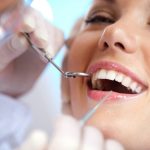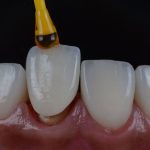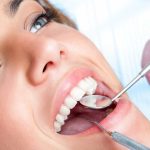Brushing After Wisdom Teeth Removal: When is it Safe to Start?

Wisdom teeth removal is a common outpatient procedure that many people undergo. This surgery involves extracting one or more of the four molars in the back of the mouth, which can cause discomfort and pain during the recovery period. One of the most important aspects of recovering from wisdom teeth removal is proper oral hygiene, including brushing and flossing. However, many patients wonder when it is safe to start brushing after wisdom teeth removal and what precautions they should take to avoid complications. The answer to when it is safe to start brushing after wisdom teeth removal depends on several factors. In general, dentists recommend waiting at least 24 hours before brushing your teeth after the procedure. This gives your mouth time to begin the healing process and reduces the risk of dislodging blood clots in the extraction site. However, it is important to follow your dentist’s specific instructions, as they may recommend waiting longer depending on the complexity of your surgery or any other underlying health conditions you may have. Additionally, it is important to be gentle when brushing your teeth and avoid the extraction site to prevent irritation or infection. Proper oral hygiene is crucial to a successful recovery, and understanding when it is safe to start brushing after wisdom teeth removal can help ensure that your recovery is as smooth and comfortable as possible.
Wisdom teeth removal is a common dental procedure that involves extracting the third molars located at the back of the mouth. These teeth can be difficult to clean and may cause various oral health issues, such as infections, tooth decay, gum disease, and overcrowding. The procedure is usually performed under local or general anesthesia and involves making an incision in the gum to access the tooth and remove it. After the surgery, patients may experience some discomfort and swelling, which can be managed with pain medication and ice packs. It’s essential to follow the post-operative instructions provided by the dentist, including maintaining good oral hygiene, avoiding hard and crunchy foods, and attending follow-up appointments to ensure proper healing.
Maintaining good oral hygiene after surgery is crucial for a successful recovery. After wisdom teeth removal, the mouth is more susceptible to infection and bacteria due to the open wounds left behind. To prevent infection and promote healing, it is important to follow proper oral hygiene practices, such as brushing gently and avoiding vigorous rinsing or spitting for the first 24 hours after surgery. After the first day, gentle rinsing with saltwater can help promote healing and reduce inflammation. It is also important to avoid smoking, using straws and eating hard or crunchy foods that can damage the wound and cause bleeding. Practicing good oral hygiene after surgery can help prevent complications and promote a smooth and comfortable recovery.
The purpose of the article \Brushing After Wisdom Teeth Removal: When is it Safe to Start\ is to provide guidance and advice for individuals who have recently undergone wisdom teeth extraction. The article aims to address the common question of when it is safe to begin brushing the teeth after the procedure, as well as to provide tips and recommendations for proper oral hygiene during the recovery period. Through the use of expert insights and evidence-based research, the article seeks to educate readers on the importance of maintaining good oral hygiene following wisdom teeth removal, while also emphasizing the need for caution and care in the early stages of recovery. Overall, the article serves as a valuable resource for anyone seeking information on how to care for their teeth after undergoing wisdom teeth extraction.
What Happens During Wisdom Teeth Removal
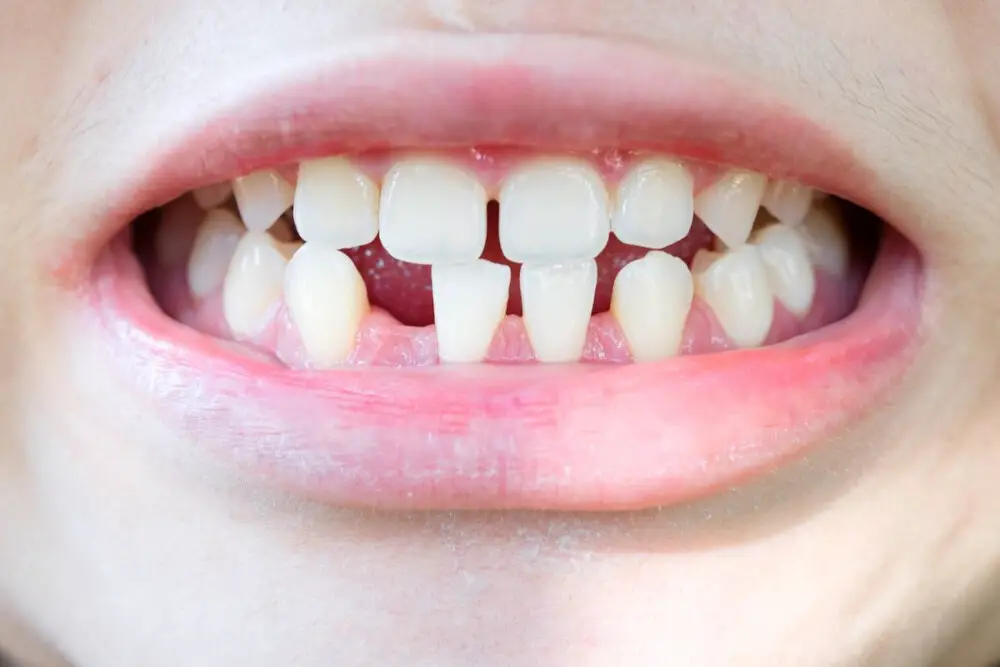
Wisdom teeth, also known as third molars, are the last set of teeth to emerge in a person’s mouth, usually in the late teens or early twenties. However, most people don’t have enough space in their mouths to accommodate these extra teeth, leading to various dental problems such as decay, gum disease, and cysts. In such cases, dentists recommend removing the wisdom teeth to prevent further complications. Wisdom teeth removal is a common dental procedure that involves extracting one or more teeth under local or general anesthesia. During the procedure, the dentist makes an incision in the gum tissue to expose the tooth and bone. The tooth is then carefully removed using dental tools, and the site is stitched up to promote healing. After the wisdom teeth removal procedure, patients can expect some discomfort and swelling, which can last for a few days. The dentist will provide pain medication and instructions on how to care for the extraction site to promote healing. Patients should avoid smoking, using a straw, or eating hard, crunchy, or sticky foods for the first few days after the procedure. Brushing should also be done with care, avoiding the extraction site to prevent irritation. Patients should wait at least 24 hours before brushing their teeth after wisdom teeth removal. They can then start brushing their teeth gently, avoiding the extraction site for the first few days and gradually reintroducing it into their routine as the site heals. It’s essential to keep the mouth clean to prevent infection and promote healing after wisdom teeth removal.
A surgical procedure refers to any type of medical intervention that involves invasive techniques to treat a condition or disease. When it comes to wisdom teeth removal, the surgical procedure involves the extraction of one or more teeth located at the back of the mouth. This procedure is typically performed by an oral surgeon or a dentist with specialized training in oral surgery. Before the procedure, the patient is given anesthesia to ensure that they are comfortable and pain-free during the surgery. After the teeth are removed, the patient may experience some discomfort, swelling, and bleeding, which can be managed with pain medication, ice packs, and rest. It is important to follow the dentist’s instructions carefully after the surgery to ensure proper healing and to avoid any complications.
Anesthesia is a medication that is used by dentists and oral surgeons to numb the area of operation or put the patient to sleep during dental procedures. There are three main types of anesthesia used in dentistry: local anesthesia, sedation anesthesia, and general anesthesia. Local anesthesia is the most common type and is administered directly to the area of the mouth where the procedure will take place, causing only that area to become numb. Sedation anesthesia is used to relax a patient and make them drowsy during the procedure, while general anesthesia is used to put the patient to sleep completely. The type of anesthesia that is used will depend on the complexity of the procedure, the patient’s medical history, and their level of anxiety.
Surgery, no matter how minor, carries a risk of complications during and after the procedure. During surgery, possible complications may include excessive bleeding, infection, damage to surrounding tissues, and adverse reactions to anesthesia. After surgery, complications may include pain, swelling, bruising, bleeding, and infection. In rare cases, patients may experience nerve damage or a decreased sense of taste. It is important to follow post-operative instructions carefully, such as avoiding smoking, drinking through a straw, and eating hard or crunchy foods, to reduce the risk of complications and promote healing. If any complications arise, it is important to seek medical attention immediately.
Why Oral Hygiene is Important After Wisdom Teeth Removal
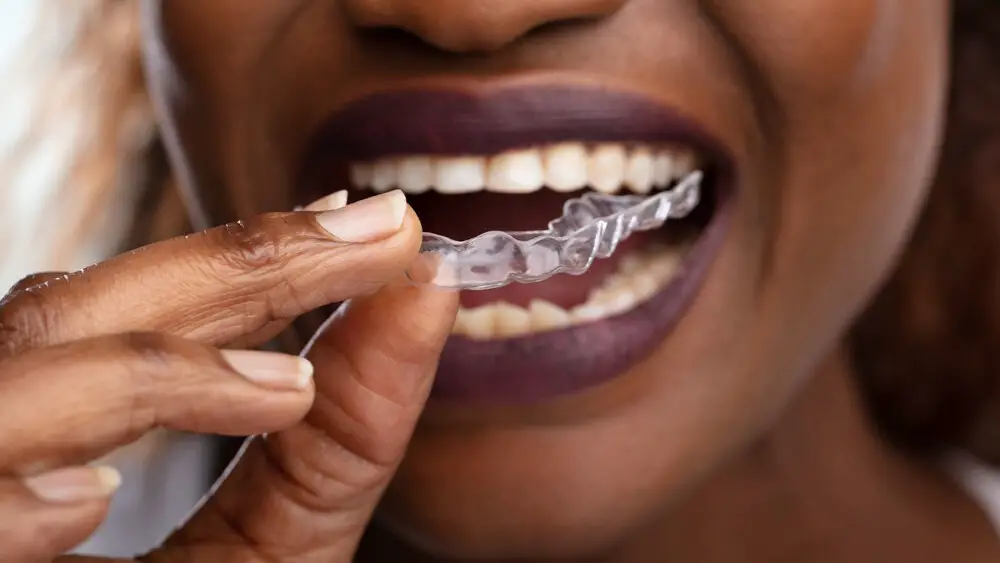
After the extraction of wisdom teeth, oral hygiene is extremely important. Maintaining proper oral hygiene practices can prevent infections, bleeding, and speed up the healing process. Wisdom teeth are located in the back of the mouth, making it difficult to clean thoroughly. Therefore, after the removal of wisdom teeth, it is crucial to maintain proper oral hygiene practices to prevent the accumulation of bacteria and food particles. These particles can cause infections and lead to the formation of blood clots, which can delay healing. Brushing and flossing after wisdom teeth removal should be done carefully and gently to avoid irritation or damage to the extraction site. It is important to wait at least 24 hours after the procedure before brushing your teeth. After the waiting period, a soft-bristled toothbrush should be used to clean the teeth and gums gently. Additionally, saltwater rinses can be used to reduce swelling and promote healing. Proper oral hygiene practices after wisdom teeth removal can also prevent dry socket, a condition where the blood clot that forms after a tooth is extracted becomes dislodged, leaving the underlying bone exposed and causing severe pain. Overall, maintaining proper oral hygiene practices after wisdom teeth removal can help speed up the healing process, prevent infections, and avoid potential complications.
If oral hygiene is not maintained after wisdom teeth removal, there is a risk of developing various complications. The extraction site may become infected, leading to pain, swelling, and difficulty opening the mouth. Poor oral hygiene can also cause dry socket, a condition where the blood clot that forms in the socket is dislodged, exposing the bone and nerves and causing severe pain. Furthermore, bacteria buildup can lead to gum disease, cavities, and bad breath. It is essential to follow proper oral hygiene practices after wisdom teeth extraction to prevent these potential risks and ensure a smooth and comfortable recovery.
Maintaining the cleanliness of the surgical site after wisdom teeth removal is of utmost importance to prevent infection and promote faster healing. Any surgical procedure creates an open wound that is susceptible to bacterial infections. Brushing the teeth after wisdom teeth removal should be done with caution and gentle movements to avoid disrupting the tissue’s healing process. It is recommended to start brushing the teeth the day after the surgery, using a soft-bristled brush and rinsing the mouth with saltwater after each meal. Keeping the surgical site clean is vital to prevent complications such as dry socket, which can be incredibly painful and delay the healing process. Therefore, it is crucial to follow the dentist’s instructions to ensure proper care and a successful recovery.
Brushing and flossing are two essential activities that help prevent infection after the removal of wisdom teeth. When a tooth is extracted, a blood clot forms in the socket, which protects the underlying bone and nerves from infection and damage. However, this clot is easily disrupted by bacteria, food debris, and other particles that can accumulate in the mouth. Brushing and flossing help to remove these particles, reducing the risk of infection and promoting healing. Brushing helps to remove plaque and bacteria from the teeth and gums, while flossing removes food particles from between the teeth and under the gum line. This combination of activities helps to keep the mouth clean and healthy, reducing the risk of post-surgical complications.
When is it Safe to Brush After Wisdom Teeth Removal?
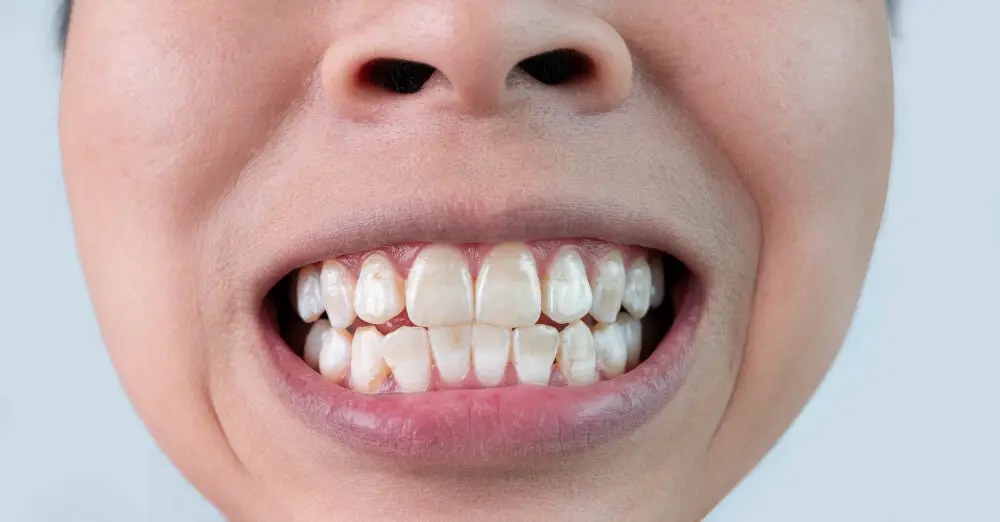
After undergoing wisdom teeth removal, it is essential to follow a proper care routine for a speedy recovery. One of the most common questions asked is when it is safe to brush after the surgery. It is recommended to wait for at least 24 hours after the wisdom teeth removal before brushing your teeth. This will give the clot enough time to form, which is crucial for the healing process. Brushing too soon can cause the clot to dislodge, leading to a condition called dry socket, which is incredibly painful. Once the 24-hour period has passed, you can begin brushing your teeth gently. It is advisable to use a soft-bristled toothbrush and avoid brushing the area of the extraction site. You can use an antiseptic mouthwash to rinse your mouth gently. It is important to note that even after 24 hours, you need to be cautious while brushing your teeth. You should avoid brushing the extraction site, as it can cause irritation and delay the healing process. It is also recommended to avoid any rigorous activity that can cause bleeding in the mouth. Be gentle while brushing your teeth and use a gentle back-and-forth motion. If you experience any pain or discomfort while brushing, stop immediately and wait for a few days before trying again. It is crucial to maintain good oral hygiene after the surgery to prevent any infection and promote a speedy recovery.
The healing process after wisdom teeth removal typically takes a few days to a few weeks, depending on various factors such as the number of teeth extracted and the patient’s overall health. After the procedure, the body immediately starts to form a blood clot in the extraction site, which helps to protect the underlying bone and tissue. Over the next few days, the clot will gradually be replaced by new tissue and bone, and the wound will start to close up. During this time, patients may experience some discomfort, swelling, and bleeding, but these symptoms can be managed with proper aftercare, including rest, pain medication, and a soft food diet. It is important to follow your dentist’s instructions carefully to ensure a smooth and successful healing process.
Brushing after wisdom teeth removal can be a bit tricky since it can cause discomfort and bleeding. Several factors determine when it is safe to brush after wisdom teeth extraction. Firstly, it is important to follow the dentist’s instructions and wait for at least 24 hours before brushing. Secondly, the level of discomfort and bleeding must be taken into account. If there is still significant pain and bleeding, it is best to wait a little longer. Lastly, the type of brush and brushing technique used can also affect the healing process. Soft-bristled brushes and gentle circular motions are recommended to avoid irritation and damage to the surgical site. Overall, it is important to be patient and cautious when brushing after wisdom teeth removal to ensure proper healing and avoid any complications.
Dentists and oral surgeons recommend that brushing should be avoided for at least 24 hours after wisdom teeth removal to allow the blood clot to form and the healing process to begin. Once the blood clot has formed, it is important to gently brush the teeth and surgical site with a soft-bristled toothbrush and non-abrasive toothpaste, avoiding the area where the wisdom teeth were removed. It is also recommended to rinse the mouth gently with warm salt water several times a day to promote healing and reduce the risk of infection. It is important to follow these recommendations to ensure proper healing and prevent complications.
Tips for Brushing After Wisdom Teeth Removal

Wisdom teeth removal is a common dental procedure that most of us go through at some point in our lives. However, it is important to take care of your oral health after the procedure to ensure proper healing and avoid any complications. One crucial aspect of post-operative care is brushing your teeth. But when is it safe to start brushing after wisdom teeth removal? Typically, dentists recommend waiting for at least 24 hours before brushing your teeth. This is because the blood clot that forms in the extraction site needs time to stabilize, and brushing can dislodge it, leading to dry socket or infection. Once you get the green light from your dentist to start brushing your teeth, it is important to be gentle and use the right technique. Use a soft-bristled toothbrush and avoid brushing the extraction site directly, especially in the first few days. Instead, focus on the other areas of your mouth and gently rinse your mouth with warm salt water to keep the extraction site clean. It is also important to avoid using mouthwash or toothpaste with harsh chemicals that can irritate the wound. By following these tips and maintaining good oral hygiene, you can ensure a smooth recovery after wisdom teeth removal and prevent any complications.
Brushing after wisdom teeth removal is an essential part of maintaining good oral hygiene, but it is important to be careful not to harm the surgical site. First, wait at least 24 hours after the procedure before brushing your teeth. When you do brush, use a soft-bristled toothbrush and be gentle around the surgical site, avoiding any vigorous scrubbing or pulling. Use lukewarm water to rinse your mouth, and avoid using mouthwash or toothpaste that contains alcohol, as it can irritate the wound. If you experience any discomfort or bleeding while brushing, stop immediately and consult with your dentist or oral surgeon. By following these steps, you can ensure that you maintain good oral hygiene without harming the surgical site and promote a faster healing process.
After undergoing surgery, maintaining good oral hygiene is essential to avoid infections and promote healing. Brushing teeth after wisdom teeth removal is crucial, but it can be a challenging task due to the sensitivity and discomfort in the affected area. Fortunately, there are several products that can aid in oral hygiene after surgery. For instance, saltwater rinse can help reduce inflammation and clean the area, while mouthwash can kill bacteria. Additionally, using a soft-bristled toothbrush and a gentle touch can prevent irritation and promote healing. Furthermore, avoiding hard and crunchy foods, smoking, and drinking through a straw can reduce the risk of complications and promote a speedy recovery.
Brushing after wisdom teeth removal can be a painful experience. However, it is essential to maintain good oral hygiene to prevent infections and speed up the healing process. To reduce discomfort while brushing, use a soft-bristled toothbrush, and avoid brushing the surgical site for the first few days. Instead, use a saltwater rinse or antiseptic mouthwash to clean the area gently. You can also apply a cold compress to your cheeks to reduce swelling and numb the area before brushing. Be careful not to apply too much pressure while brushing, and avoid using toothpaste with strong flavors or ingredients that may irritate the area. Following these tips can help make the brushing experience more comfortable and promote faster healing.
The importance of oral hygiene after wisdom teeth removal cannot be overstated. When wisdom teeth are removed, it leaves an open wound in your mouth that can easily become infected. Therefore, it is crucial to keep the area clean to ensure proper healing. This means brushing your teeth gently, avoiding the surgical site for the first few days, and rinsing your mouth with a saltwater solution. Starting to brush too soon or brushing too aggressively can disrupt the blood clot that is forming and lead to a painful condition called dry socket. By following the proper oral hygiene routine, you can minimize your risk of infection, promote healing, and ensure a speedy recovery.
After wisdom teeth removal, it is crucial to give your mouth sufficient time to heal before resuming your regular dental hygiene routine. It is recommended to wait at least 24 hours after the surgery before starting to brush your teeth. However, it is important to note that each individual’s healing process varies, and it is best to consult with your dentist or oral surgeon for personalized recommendations. Once you get the green light to start brushing, use a soft-bristled brush and be gentle around the surgical site to avoid irritation or bleeding. Additionally, it is recommended to use an antimicrobial mouthwash to help reduce the risk of infection. By following these recommendations, you can ensure a smooth and safe recovery after wisdom teeth removal.
Following your dentist’s instructions after wisdom teeth removal is crucial for a successful recovery. It may be tempting to skip brushing your teeth or use straws, but doing so can lead to complications such as infection and dry socket. Your dentist will provide you with specific instructions tailored to your individual needs, and it’s important to follow them to ensure a smooth and speedy recovery. Remember, taking care of your oral health after surgery is just as important as taking care of your overall health. So, be patient, follow your dentist’s instructions, and before you know it, you’ll be back to your normal routine with a healthy and pain-free smile.
Conclusion
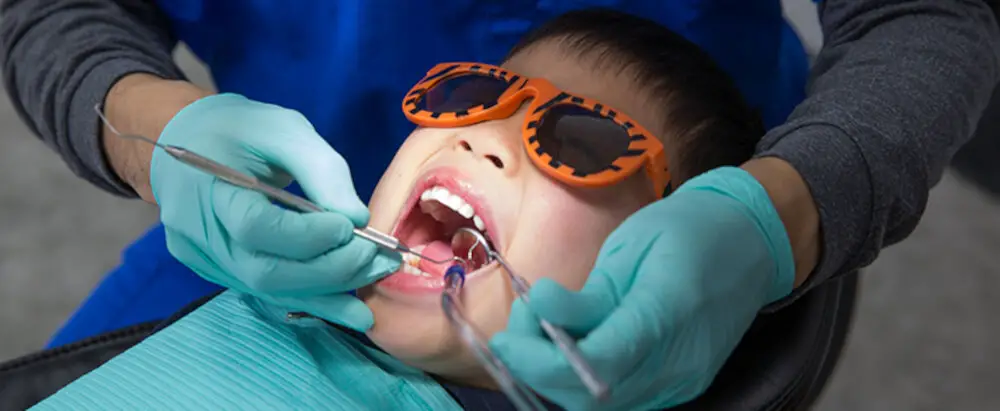
In conclusion, proper oral hygiene after wisdom teeth removal is crucial for a speedy and safe recovery. However, the timing of when to start brushing is not a one-size-fits-all answer and depends on the individual’s healing process. While it is important to maintain good oral hygiene habits, it is equally important to follow the instructions provided by your dentist or oral surgeon to ensure a successful recovery. Delaying brushing too long can lead to bacterial buildup and dental problems, while starting too soon can cause damage to the surgical site. Therefore, it is recommended to consult with your dental professional to determine the appropriate time to start brushing after wisdom teeth removal, and to follow their instructions carefully. Remember, patience is key in the healing process, and taking the necessary precautions will help you achieve optimal oral health in the long run.




